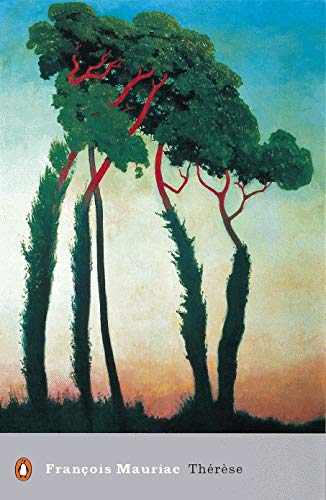What do you think?
Rate this book


320 pages, Paperback
Published April 30, 2002
âWhat did it matterâthe sort of country one was fond of, pines or maples, sea or plain? Life alone was interesting, people of flesh and blood. âIt is not the bricks and mortar that I love, nor even the lectures and museums, but the living human forest that fills the streets, the creatures torn by passions more violent than any storm. The moaning of the pines at Argelouse in the darkness of the night thrilled me only because it had an almost human sound!ââ�